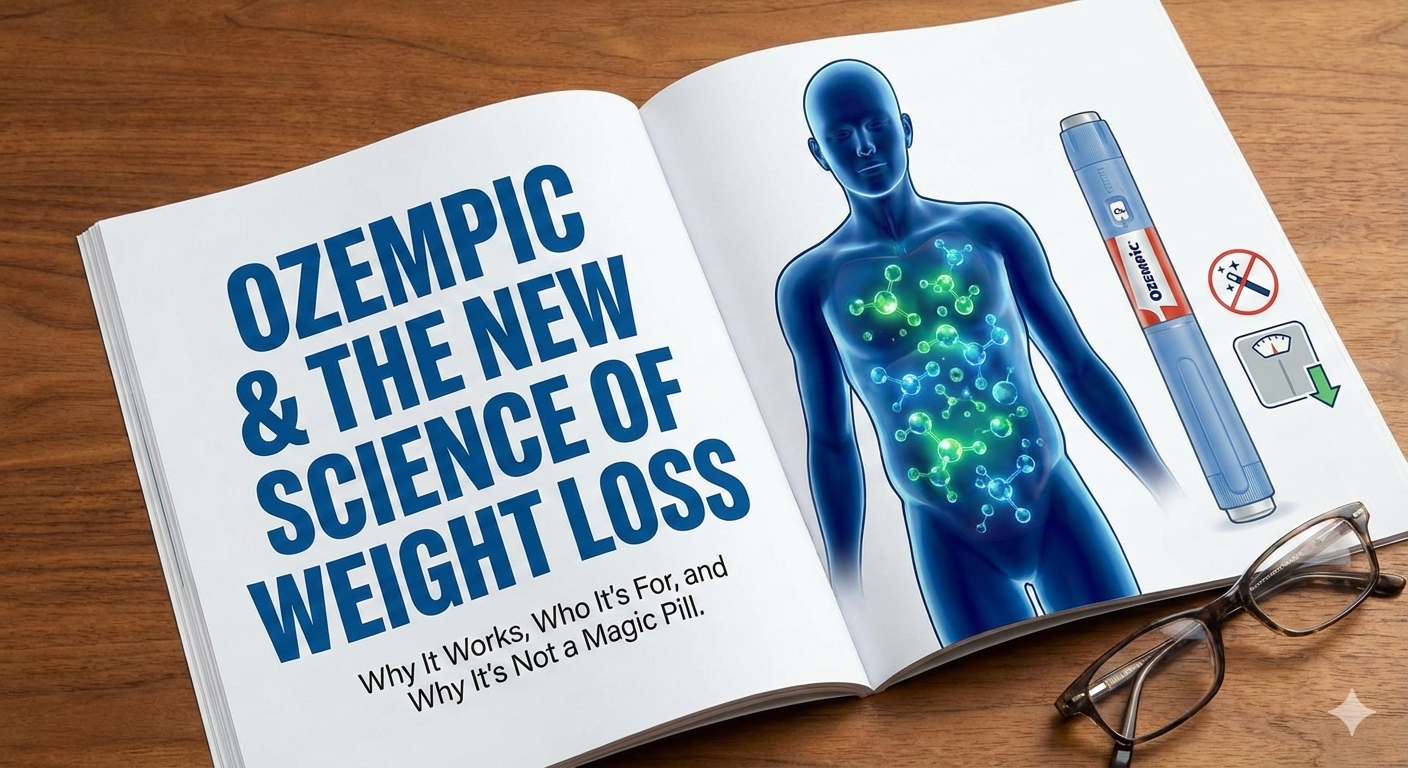Nutrition: A Comprehensive Guide to Health and Well-being
What is Nutrition?
Nutrition is the process by which living organisms obtain, process, and utilize food substances to support growth, energy production, tissue repair, and overall bodily functions. It encompasses all aspects of food intake, digestion, absorption, metabolism, and excretion of nutrients. Good nutrition is essential for maintaining optimal health, enhancing immunity, supporting cognitive function, and preventing various lifestyle-related diseases.
Why is Nutrition Important?
Nutrition plays a critical role in maintaining health and promoting well-being. Proper nutrition ensures:
- Energy Supply: Carbohydrates, fats, and proteins provide energy necessary for cellular functions, physical activity, and metabolic processes.
- Tissue Growth and Repair: Proteins and micronutrients like vitamins and minerals are essential for muscle growth, wound healing, and cell regeneration.
- Immune Function: Adequate nutrition boosts immune resilience, reducing the risk of infections and diseases.
- Cognitive Function: Nutrients like omega-3 fatty acids, vitamins, and minerals contribute to brain health, memory enhancement, and cognitive development.
- Disease Prevention: Proper nutrition reduces the risk of chronic conditions such as obesity, diabetes, cardiovascular diseases, hypertension, osteoporosis, and certain cancers.
Types of Nutrients: Macronutrients and Micronutrients
Nutrients are broadly categorized into two groups: macronutrients and micronutrients.
1. Macronutrients
These are nutrients required in large amounts to provide energy and support bodily functions. The three primary macronutrients are:
- Carbohydrates: The primary source of energy, essential for brain function, muscle activity, and physical performance. Sources include grains, fruits, vegetables, legumes, and dairy products.
- Proteins: Crucial for muscle growth, repair, enzyme production, and hormone regulation. High-quality sources include meat, fish, eggs, dairy products, legumes, soy, and nuts.
- Fats: Necessary for hormone production, nutrient absorption, and cell structure. Healthy fats are found in avocados, nuts, seeds, olive oil, fatty fish, and flaxseeds.
2. Micronutrients
These are vitamins and minerals required in smaller amounts but are essential for various physiological functions, including metabolism, bone health, nerve function, and immunity.
- Vitamins: Organic compounds crucial for metabolism, immunity, and overall health. Examples include vitamins A, B-complex, C, D, E, and K.
- Minerals: Inorganic elements vital for bone health, nerve function, fluid balance, and muscle contraction. Examples include calcium, magnesium, iron, potassium, and zinc.
Difference Between Dietitian and Nutritionist
The terms “dietitian” and “nutritionist” are often used interchangeably, but they have distinct differences:
- Dietitian: A licensed health professional with formal education and training in nutrition and dietetics. They are qualified to provide medical nutrition therapy, formulate diet plans, and work in clinical settings.
- Nutritionist: A broader term that may apply to anyone providing nutritional advice. However, not all nutritionists have formal training. In some countries, the title “nutritionist” is not regulated, while in others, certification is required.
Benefits of Good Nutrition
- Weight Management: A balanced diet helps maintain a healthy weight, reduces the risk of obesity, and promotes muscle mass maintenance.
- Better Mood and Mental Health: Nutrients such as omega-3 fatty acids, folate, magnesium, and antioxidants contribute to brain function and mental well-being.
- Improved Energy Levels: Proper nutrition ensures a steady supply of energy throughout the day, enhancing physical performance and productivity.
- Enhanced Longevity: Consuming nutrient-rich foods can promote a longer, healthier life by reducing the risk of age-related diseases and improving overall vitality.
- Stronger Immune System: Vitamins like C, D, E, and minerals like zinc and selenium boost immunity and enhance the body’s ability to fight infections.
How to Ensure Proper Nutrition
- Eat a Balanced Diet: Incorporate a variety of foods from all food groups, including fruits, vegetables, whole grains, proteins, and healthy fats.
- Stay Hydrated: Drink enough water daily to maintain hydration and support bodily functions.
- Practice Portion Control: Avoid overeating by monitoring portion sizes.
- Read Food Labels: Be mindful of the nutritional value of foods and avoid those high in processed sugars, unhealthy fats, and sodium.
- Consult Experts: Seek guidance from certified nutritionists or dietitians for personalized nutrition plans.
Conclusion
Nutrition is the cornerstone of a healthy life. Understanding the fundamentals of nutrition and making conscious dietary choices can significantly enhance overall well-being. Whether you seek to improve your physical health, mental clarity, or disease resistance, good nutrition is the key.
Frequently Asked Questions (FAQs)
Q1: What are the 7 types of nutrition?
A: The seven types of nutrition include carbohydrates, proteins, fats, vitamins, minerals, water, and fiber.
Q2: What are the 5 main concepts of nutrition?
A: The five main concepts are adequacy, balance, calorie control, nutrient density, and moderation.
Q3: What is the difference between nutrition and diet?
A: Nutrition refers to the intake and utilization of food for health, while diet refers to the specific foods and beverages consumed regularly.
Q4: Can a balanced diet improve mental health?
A: Yes, a balanced diet rich in omega-3 fatty acids, antioxidants, and vitamins can support brain function, reduce stress, and improve mood.
Q5: How can I ensure I’m getting proper nutrition?
A: Consuming a variety of nutrient-rich foods from all food groups, staying hydrated, and consulting with a certified nutritionist or dietitian can help ensure adequate nutrition.









